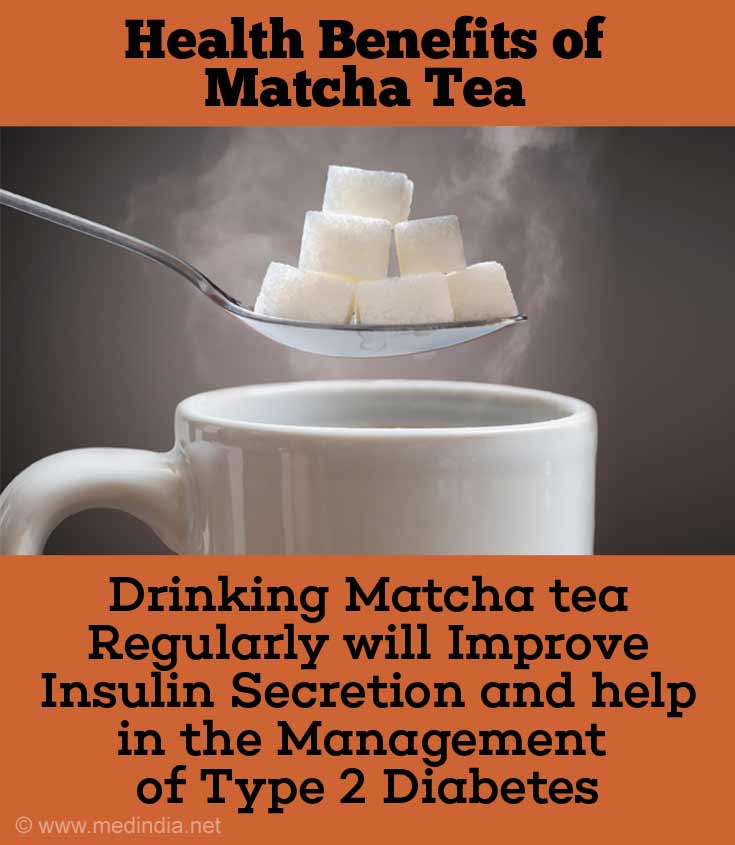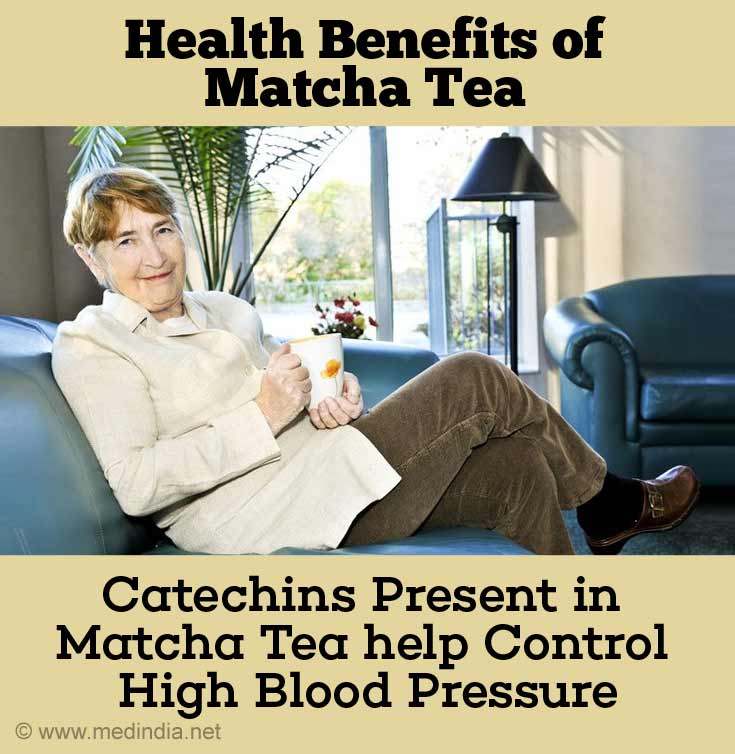- The effects of the aqueous extract and residue of Matcha on the antioxidant status and lipid and glucose levels in mice fed a high-fat diet. - (https://www.ncbi.nlm.nih.gov/pubmed/26448271)
- Determination of catechins in matcha green tea by micellar electrokinetic chromatography - (https://www.ncbi.nlm.nih.gov/pubmed/14518774)
- Anxiolytic properties of green tea polyphenol (-)-epigallocatechin gallate (EGCG) - (https://www.researchgate.net/publication/6925746_Anxiolytic_properties_of_green_tea_polyphenol_--epigallocatechin_gallate_EGCG )
- Green tea polyphenol EGCG sensitizes human prostate carcinoma LNCaP cells to TRAIL-mediated apoptosis and synergistically inhibits biomarkers associated with angiogenesis and metastasis. - (https://www.ncbi.nlm.nih.gov/pubmed/17998943/)
- The effects of green tea consumption on metabolic and anthropometric indices in patients with Type 2 diabetes - (https://www.ncbi.nlm.nih.gov/pmc/articles/PMC3908530/ )
What Is Matcha Tea?
From matcha tea to matcha desserts, this Japanese tea has gained tremendous popularity all around the globe. Matcha is a powdered green tea, which is produced by grinding the young tea leaves (Camellia sinensis) with a stone mill.
As compared to other green teas, matcha is known to be richer in some nutritional elements. This tea contains nutrients from the entire leaf, so there is no loss of nutrients or other nourishing compounds.
What Does Matcha Tea Taste Like?
This Japanese tea has a vibrant and beautiful green color. It tastes like a freshly grown vegetable, due to its high chlorophyll content. The amino acids present in it are responsible for the sweet aftertaste of matcha tea.
What are the Health Benefits of Matcha Tea?
1. High in Antioxidants
The antioxidant composition of matcha is greater than other types of green teas. Epigallocatechin Gallate (EGCG), a natural antioxidant available from drinking matcha is 137 times greater than EGCG available from drinking China green tea, reports a study. Making matcha tea a part of your diet, could increase your antioxidant intake, which protects the healthy cells of the body against free radical attack and damage.
2. Provides Relaxation
Natural polyphenols, like EGCG present in matcha tea possess sedative properties. They help the mind to relax and calm down and also improve the quality of sleep.
The concentration of L-theanine, an amino acid is five times higher in matcha than in other tea varieties. This amino acid causes generation of alpha-waves in the brain, which helps the mind relax without causing drowsiness.

3. Prevents Cancer
Polyphenols present in matcha green tea protect against cancer by reducing the growth and multiplication of cancer cells. EGCG has the ability to suppress the growth of tumor by blocking the flow of the blood towards the tumor, which otherwise helps the tumor grow.
Oxidative stress is linked to cancer initiation and progression. Matcha tea, being a rich source of antioxidants fights oxidative stress and protects against the onset of cancer.
4. Aids Weight Loss
Long term consumption of matcha tea could be beneficial against obesity caused by a high fat diet. One study reported that drinking matcha tea daily helps in reducing waist circumference.
EGCG, the most effective ingredient of matcha tea increases fat burning and energy expenditure, which may help in shedding weight.
It prevents the deposition of fat in the body and uses it for the production of energy as well as speeds up metabolism.

5. Improves Cognition (brain power)
Matcha tea has the ability to enhance cognition or boost the power of the mind. The phytochemicals present in matcha tea boost human brain function and uplift mood while improving learning skills, understanding, perception and memory power.
These compounds reduce anxiety, benefit the memory and attention and activate the brain cells. Caffeine and theanine present in matcha tea suppress distraction and improve concentration and attention span.
6. Controls Type-2 Diabetes Mellitus
Studies have reported that EGCG present in matcha tea has the potential to lower high blood glucose levels. Drinking matcha tea regularly regulates the pancreatic beta-cells, which improve insulin secretion.
A drop in the body weight and body fat percentage helps in the management of type 2 diabetes mellitus. As matcha tea helps in weight and fat loss, it enhances the action of insulin and boosts the entry of glucose into the muscles. Hence, matcha tea reduces the presence of excess glucose in the bloodstream.

7. Boosts Immunity
Phytochemicals present in matcha tea boost the action of immune cells and reduce the risk of acquiring autoimmune diseases. It increases the number of "regulatory T cells" that play an important role in the immune function. It protects the body against attack by foreign invaders and prevents the healthy cells against damage and death.
8. Controls Hypertension and Improves Heart Health
Long term intake of matcha tea may reduce high systolic and diastolic blood pressure as well as reduce the risk of cardiovascular diseases and stroke associated with hypertension.
Studies have reported a positive correlation between regular consumption of matcha tea and improvement in heart health. Catechins, especially EGCG in matcha tea prevent clogging and hardening of the arteries as well as clot formation in the arteries.
Matcha tea catechins promote vasodilation, which ensures smooth blood flow throughout the body. It helps the inner walls of the arteries and the blood vessels to relax and inhibits their contraction. This helps the blood to flow easily without damaging the arteries and blood vessels.
Besides this, matcha tea reduces the risk of heart diseases by lowering the risk factors associated with it, which include:
- Type 2 diabetes mellitus
- Altered lipid profile
- Hypertension
- Obesity
- Oxidative stress

9. Improves Digestion
Matcha tea is loaded with active and healthful compounds. Antioxidants present in this tea regulate the function of the gut as well as improve the process of digestion.
These antioxidants flush out the waste substances and toxins from the gut, which in turn improves the absorption of nutrients from the food.
Polyphenols in this Japanese tea strengthen the gut and protect it against bacterial attack.
10. Detoxifies the Body and Prevents Renal Damage
Matcha tea is a healthy beverage, which protects the kidneys when consumed in moderation. An interesting study found that EGCG in matcha tea checks the progression of kidney damage in individuals with type 2 diabetes mellitus. It prevents the accumulation of toxins and other harmful substances in the kidneys, which may otherwise alter its function.
11. Fights Bacterial, Viral and Fungal Infections
Polyphenolic components in matcha tea can inhibit the growth of a wide range of bacteria. These healthy compounds are useful in the control of oral infections such as dental caries.
EGCG suppresses the growth and multiplication of bacteria and viruses. Components of matcha tea modulate the structure of bacteria and viruses and make them less harmful.
12. Protects Against HIV
Matcha tea may be helpful for individuals with HIV. It slows down the degradation of the immune cells caused by HIV infection. EGCG inhibits the attachment of HIV to CD4 molecules on T cells. It further inhibits the replication of the virus and keeps the virus latent.
13. Protects Against Eye Diseases
Presence of healthful compounds, like EGCG in matcha tea is capable of protecting the eye. The eye structures absorb catechins when matcha tea is consumed on a regular basis.
The matcha tea catechins reduce the harmful oxidative stress and protect the eye structures against attack by the dangerous unstable molecules. This helps maintain a healthy vision and may keep eye diseases at bay.
14. Boosts Energy
Matcha tea speeds up metabolism, aids weight loss and improves the body's energy levels. A kick in the metabolism, improves digestion of the food and absorption of the nutrients, which makes you feel more energetic. Antioxidants present in this tea help in getting rid of toxins and other waste substances, which may otherwise make you feel sluggish and less active.
What are the Side-Effects of Matcha Tea?
Matcha tea when consumed in moderate amounts is often safe and beneficial. However, some people may go overboard to reap "extra" health benefits.
Anything in excess has its own side-effects. Excess intake of matcha tea may lead to caffeine rush, which causes anxiety, insomnia, rapid heartbeat, irritability and headache.
How to Prepare Matcha Tea?
- Begin by sifting 1-2 teaspoons matcha tea powder, using a tea strainer in a ceramic bowl.
- Add 100-120 ml of steaming water to the bowl. With the help of a wire whisk, blend the matcha tea for a minute or two or till the layer of foam is created.
- Enjoy your Japanese Matcha tea.









